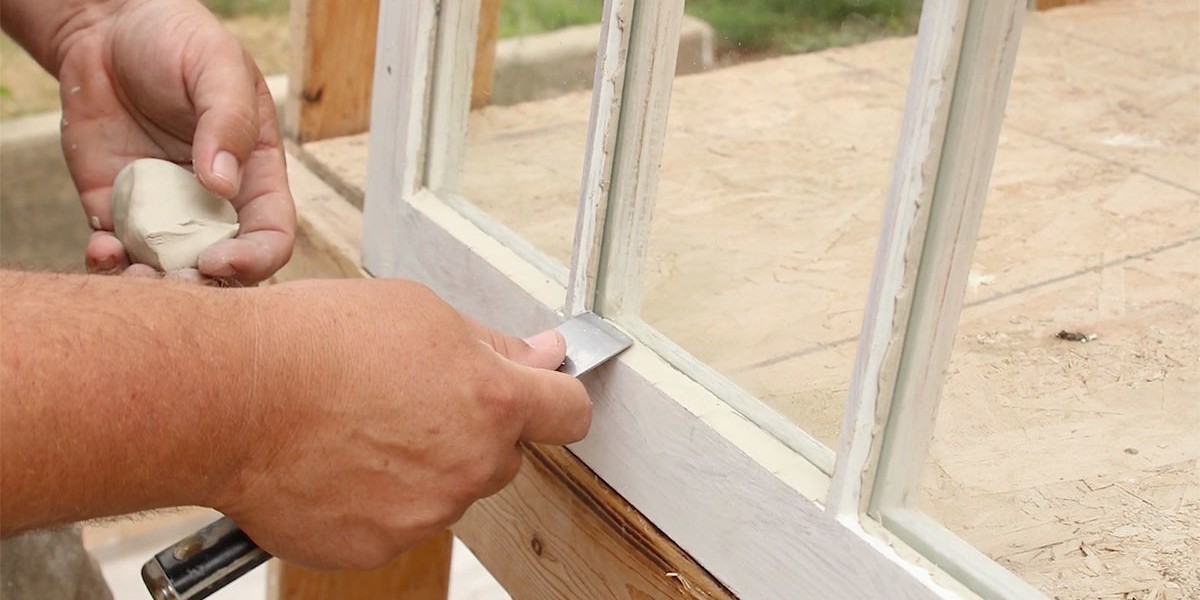The Role of an Experienced Glazier: Skills, Responsibilities, and More
Glaziers play an important function in the building and construction and renovation industries. An experienced glazier focuses on the installation, replacement, and repair of glass in numerous applications, from windows to shops and glass façades. This short article will look into the requirements, obligations, and skills essential to stand out in this field, offering both striving glaziers and market stakeholders with a comprehensive understanding of the profession.

What is a Glazier?
A glazier is a skilled tradesperson who deals with glasswork. Their obligations normally include measuring, cutting, and setting up glass, in addition to ensuring that it meets security requirements. They operate in a variety of settings, consisting of residential, commercial, and commercial, making use of tools and strategies particular to glass control.
Key Responsibilities of an Experienced Glazier
An experienced glazier deals with a broad spectrum of jobs, which can be classified into the following areas:
Measurement and Layout:
- Assessing job requirements and determining spaces to figure out the proper glass sizes.
- Developing designs that enhance using products while abiding by design specifications.
Cutting and Shaping Glass:
- Using specific tools to cut glass sheets to exact measurements.
- Forming and polishing edges to guarantee security and visual appeals.
Installation:
- Installing glass in different structures, including windows, doors, and walls.
- Utilizing frameworks and sealants to protect the glass correctly.
Repair and Replacement:
- Diagnosing issues with existing glass setups and identifying the best strategy, whether it be repair or replacement.
- Dealing with various kinds of glass, such as tempered, laminated, or insulated glass.
Security Compliance:
- Following security requirements and policies to avoid accidents and ensure the structural stability of installations.
- Appropriately dealing with harmful materials, especially when dealing with broken or tempered glass.
Needed Skills and Qualifications
To become an experienced glazier, one must establish a particular set of skills and obtain relevant credentials. Here are some crucial skills:
- Attention to Detail: Precision in measuring and cutting glass is vital.
- Physical Strength and Stamina: The job typically requires raising heavy glass pieces and extended periods of standing.
- Problem-Solving Skills: The capability to troubleshoot and attend to unexpected obstacles throughout installations and repair work.
- Safety Knowledge: Understanding security standards surrounding glasswork and construction.
Educational Pathways
While official education is not always a stringent requirement for glaziers, acquiring a high school diploma or GED is often anticipated. Numerous glaziers discover through apprenticeships, which typically last three to four years. Throughout this time, they get hands-on training under the assistance of experienced specialists. Furthermore, some community colleges offer programs in building or glass technology that can offer valuable education in this field.
The Impact of Technology
Developments in innovation have likewise influenced the glazier occupation. Digital tools now enable for accurate measurements and styles, improving the process of cutting and fitting glass. Numerous experienced glaziers are embracing Computer-Aided Design (CAD) software application, which assists visualize tasks before they are physically developed.
The Outlook for Glaziers
The task outlook for glaziers appears appealing. According to the Bureau of Labor Statistics, employment in this field is projected to grow as the building market expands. Additionally, an increasing focus on energy-efficient and visually pleasing buildings will drive demand for premium glass setups.
Workplace and Conditions
Experienced glaziers can be found operating in various environments:
- Construction Sites: Often include exposure to components and operating at heights.
- Manufacturing Facilities: Some glaziers might be involved in the production of glass products.
- Restoration Projects: This might consist of residential homes or historical buildings needing specialized glasswork.
Regularly Asked Questions (FAQs)
What types of tasks do glaziers generally work on?
Glaziers work on numerous tasks, consisting of residential window setups, commercial stores, shower enclosures, glass railings, and more.
Is accreditation required for glaziers?
Accreditation is not compulsory, however obtaining professional certification (like those provided by the National Glass Association) might boost job potential customers and show knowledge.
What tools do glaziers utilize?
Typical tools consist of glass cutters, suction cups, chisels, and levels, along with different adhesives and sealants.
What precaution do glaziers require to follow?
Glaziers must wear security goggles, safe and secure workspace, and utilize appropriate lifting techniques to prevent injuries.

An Experienced Glazier; 8.134.32.42, is crucial to the building and remodelling sectors, bringing ability and precision to glass-related tasks that contribute to the aesthetic and functional elements of buildings. Through education, apprenticeship, and a commitment to security and quality, individuals can build effective professions in this field, adapting to technological developments and industry needs. The future looks brilliant for glaziers as the building sector evolves, ensuring that their proficiency will remain in high demand.
By understanding the multifaceted role of glaziers, both current and hopeful specialists can value the breadth of skills and obligations involved in this essential trade. As metropolitan environments continue to develop, the contributions of skilled glaziers will remain pivotal in producing practical and visually enticing structures.







